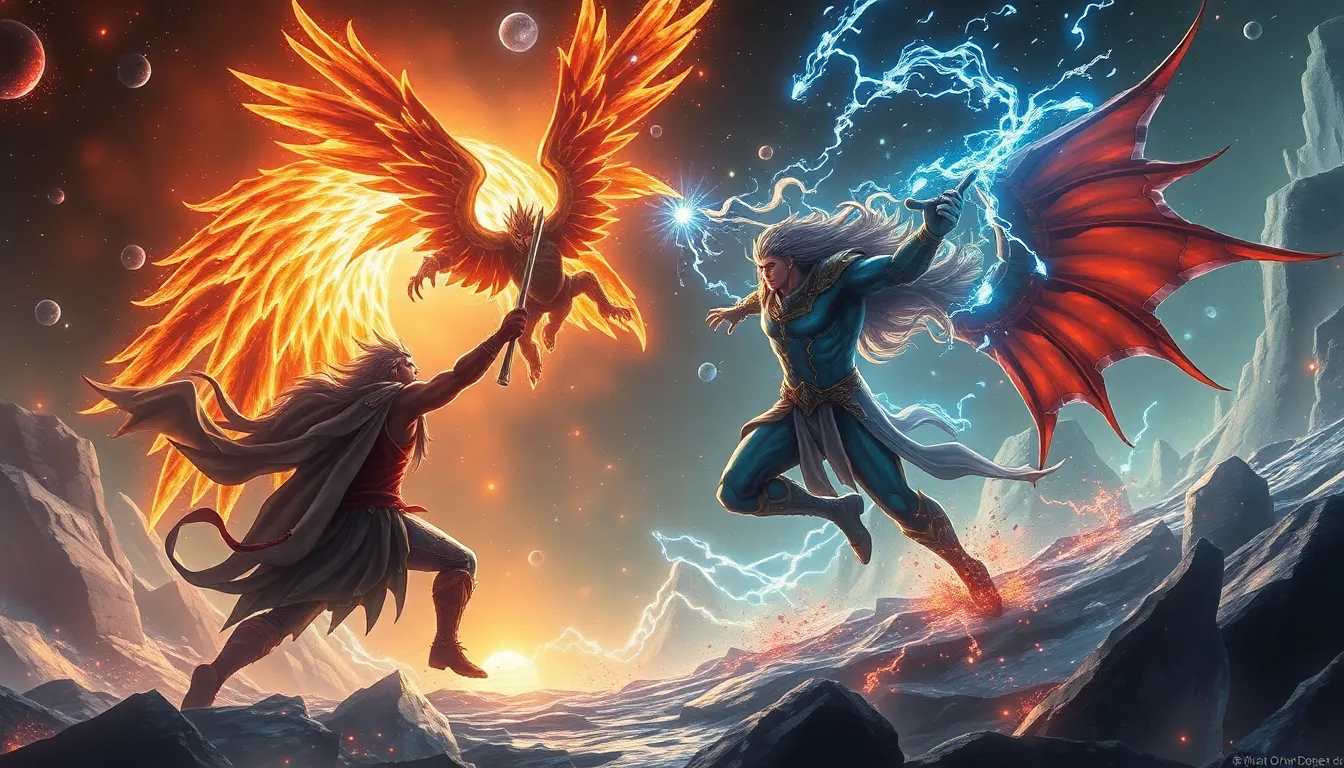1. Introduction to Slavic Mythology and Dream Symbolism
Slavic mythology, steeped in ancient traditions and beliefs, offers a rich tapestry of dream symbolism that has captivated imaginations for centuries. Dreams were considered a vital bridge between the mundane world and the realm of the gods, ancestors, and spirits. They were believed to carry messages, reveal hidden truths, and provide guidance for the waking life.
2. The Role of Dreams in Slavic Folklore and Beliefs
In Slavic folklore, dreams were not merely nocturnal illusions but a form of spiritual communication. It was believed that the soul left the body during sleep, journeying to other realms or encountering supernatural beings. Dreams could foretell the future, warn of impending danger, or provide insights into one's destiny. Slavic deities, such as Rod and Veles, were often invoked before sleep to bestow prophetic dreams.
3. Symbolism of Animals in Slavic Dreams
Animals played a prominent role in Slavic dream symbolism. Each creature possessed specific attributes that could be interpreted to provide guidance or warning. The bear represented strength and courage, while the wolf symbolized cunning and loyalty. Birds were messengers from the spirit world, often conveying important messages or warnings. Fish, associated with fertility and prosperity, could indicate impending wealth or abundance.
4. The Interpretation of Plants and Nature in Slavic Dream Analysis
Slavic dreamers found meaning in the plants and elements of nature that appeared in their dreams. Trees represented growth, longevity, and wisdom, while flowers symbolized beauty, purity, and hope. Water was often associated with emotions, intuition, and the subconscious mind. Earth, the element of stability and fertility, could indicate grounding and security.
5. Human and Deities Symbolism in Slavic Dreams
Encounters with humans or deities within dreams were considered particularly significant. Ancestors and relatives who appeared in dreams could offer wisdom or advice, while encounters with gods and goddesses were believed to be a sign of divine favor or protection. Dreamers could also experience interactions with mythical creatures, such as rusalki (water spirits) or domovoi (house spirits), who played a role in shaping the meaning of the dream.
6. The Meaning of Objects and Artifacts in Slavic Dreams
Objects and artifacts that appeared in Slavic dreams were imbued with deep significance. A knife, for example, symbolized protection or severance of ties, while a mirror represented introspection or self-discovery. Clothing could indicate one's social status or emotional state, while weapons often represented power or aggression. The presence of money in a dream could foretell financial gain or abundance.
7. Colors and Their Significance in Slavic Dream Interpretation
Colors played a vital role in Slavic dream symbolism. White represented purity, innocence, and beginnings, while black was associated with mystery, darkness, and the unknown. Red symbolized passion, vitality, and danger, while green indicated growth, prosperity, and healing. Blue often represented tranquility, wisdom, and communication, while yellow was associated with joy, optimism, and creativity.
8. The Impact of Time and Season on Dream Symbolism
The time of year and season in which a dream occurred could influence its interpretation. Dreams that occurred during the summer were often seen as positive and auspicious, while winter dreams could carry warnings or foretell future challenges. The time of day also held significance, with dreams that occurred at dawn believed to be particularly prophetic.
9. The Influence of Slavic Rituals on Dream Symbolism
Slavic rituals and celebrations often influenced the symbolism of dreams. The Kupala Night festival, for example, celebrated on the summer solstice, was believed to be a time of heightened spiritual connection and prophetic dreams. Dreams associated with rituals such as weddings, funerals, or birth could hold particular significance.
10. Conclusion: The Enduring Importance of Dreams in Slavic Culture
Slavic mythology places great importance on dreams as a means of connecting with the divine, receiving guidance, and gaining insights into the subconscious mind. The enduring tradition of dream interpretation in Slavic culture has led to a wealth of wisdom and symbolism that continues to resonate with people today.
FAQ
Q: What is the most common animal symbol in Slavic dreams?
A: The bear, representing strength and courage.
Q: What color symbolizes purity in Slavic dream interpretation?
A: White.
Q: What time of day are dreams considered to be most prophetic?
A: Dawn.
Q: What Slavic festival is associated with prophetic dreams?
A: Kupala Night.
Q: What type of dreams were believed to occur when the soul left the body during sleep?
A: Prophetic dreams and encounters with supernatural beings.



